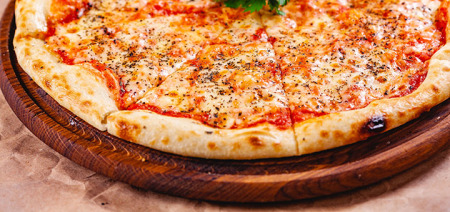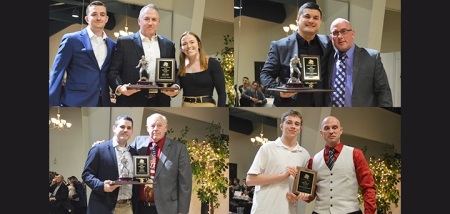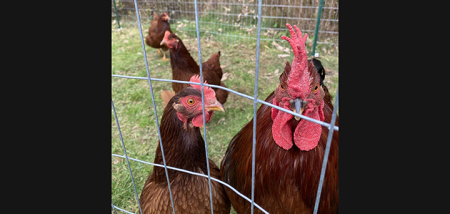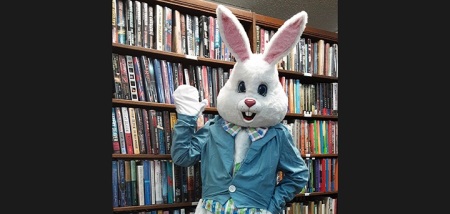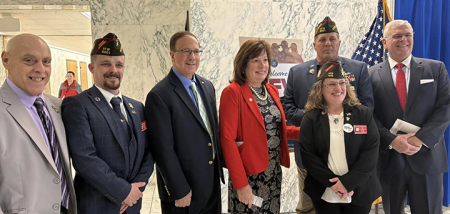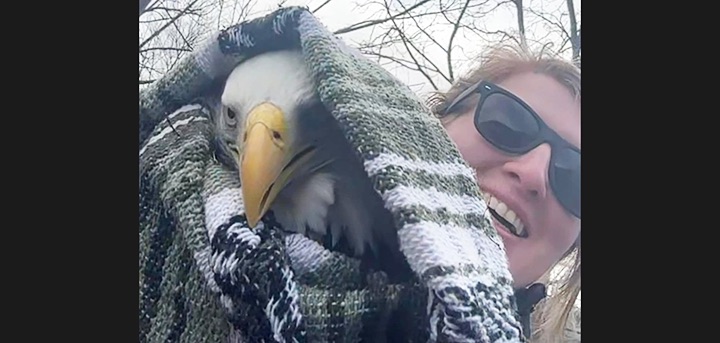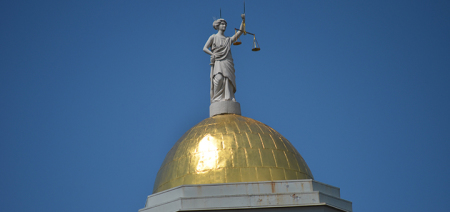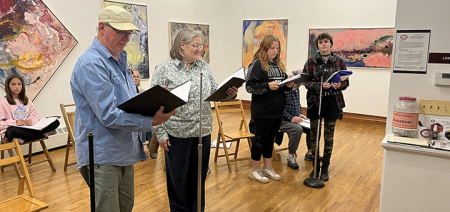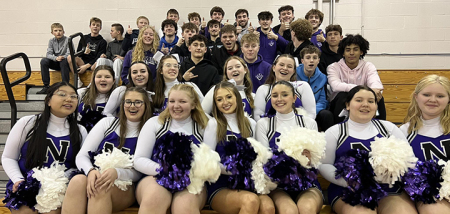Away From The Tyranny Of The Self
Published:
August 1st, 2014
By Kathryn Lopez
NEA Columnist
"Without courage, we cannot practice any other virtue with consistency," the late poet Maya Angelou reflected in an interview with USA Today in 1988. "We can't be kind, true, merciful, generous or honest."
What a poem Angelou might have written about Meriam Ibrahim, who appeared with her family this week in the company of Pope Francis, having just escaped Sudan. The woman had been sentenced to death for apostasy as a pregnant mother and was later imprisoned with her young son. She was asked to denounce her Christianity, and she refused. She gave birth in prison, was eventually released under international pressure, and rearrested on a travel-document charge, which looked to most of us like a government trying to save face.
Clearly, Ibrahim is courageous. But so is the mother standing next to you on the train as you read this on your iPad, or so many women whom you know or encounter during any given day. Motherhood requires vulnerability, sacrifice and generosity, with ingratitude often being the response.
Courage comes in many manifestations. I just spent a weekend with a group actually called Courage. Its annual conference is a gathering of Catholics who have struggled with same-sex attraction. They are not "praying the gay away" as some might caricature -- some members are quite open about their continuing longings -- but they are committed to chastity, and happy to be so.
As demonstrated in a powerful new film, "Desire of the Everlasting Hills," (which can be viewed for free at everlastinghills.org), the conversion they seek goes so much deeper than sexual attraction and really has to do with humanity and knowledge of the self. Lives lived in faith are not without pain, but they are lives often filled with hope, and, yes, love. Even if there might not be three kids, a dog and a picket fence involved.
Attending a Courage conference is an immersion in a counterculture. Rather than delving inward -- in a culture of I-everything, where we are forever being drawn into the bottomless well of the self -- every man and woman I met at the Courage gathering seeks to go outward.
One of the speakers at the conference was Immaculee Ilibagiza, a Rwandan genocide survivor. Ilibagiza talked about gratitude: "How many blessings a day do we have that we forget to be grateful about?" She told people beset by despair: "Be grateful for one thing -- one light -- and hold on to that." And as someone who forgave the people who tried to kill her and killed so many people around her, she emphasizes: "Forgiveness is not about forgetting -- or moving mountains -- but giving yourself permission to see others as human beings who fall."
The Arabic letter for "N" has become ubiquitous on my Twitter feed as of late. In Iraq, it was the letter that would mark the houses of Christians as they were stigmatized and made to flee the country -- "N" for Nazarene. Christians throughout the world have changed their avatars or made use of the "#IAmNazarene" hashtag in solidarity with Iraqi Christians and other persecuted Christians throughout the world.
This persecution, in Iraq, Sudan and around the world, was the backstory to Ibrahim's meeting withe pope.
You may not have to flee your homeland, but who doesn't struggle? Imagine if we all had the courage to live not despite struggle, but with it, drawing strength and inspiration from it. We might be guided by a hope of eternal life or simply a better world.
Our lives can fall into the lie of "us v. them" or "near vs. far." In truth, we have more commonalities than differences, whatever our economic bracket, nationality or gender preference. If we can break out of self-obsession, we might just find the kind of freedom that comes from consistently virtuous living. It might even become contagious!
Comments
